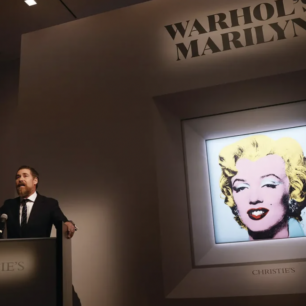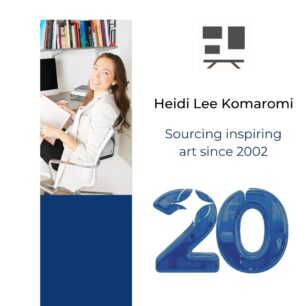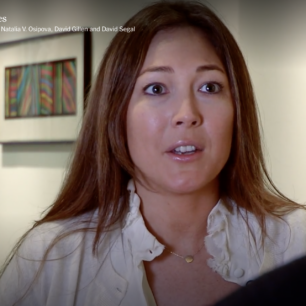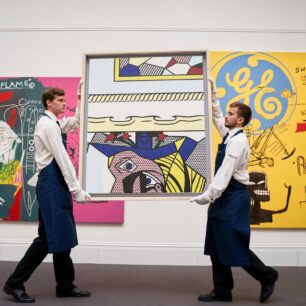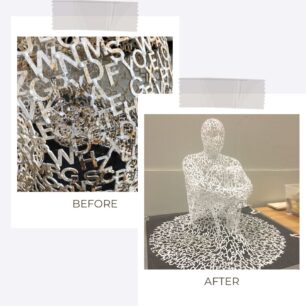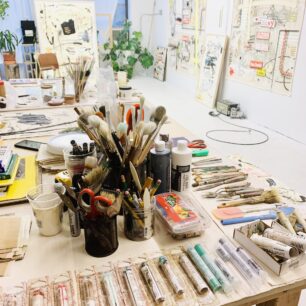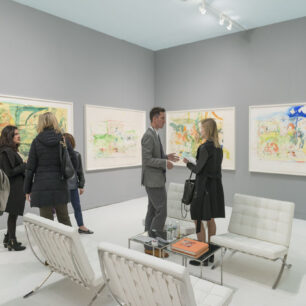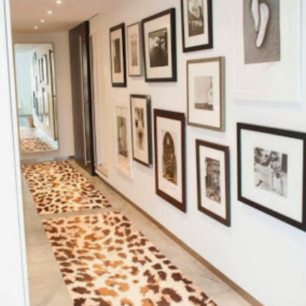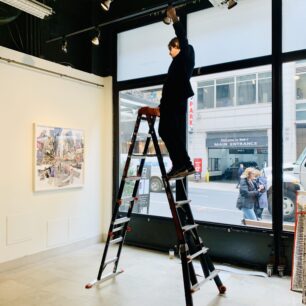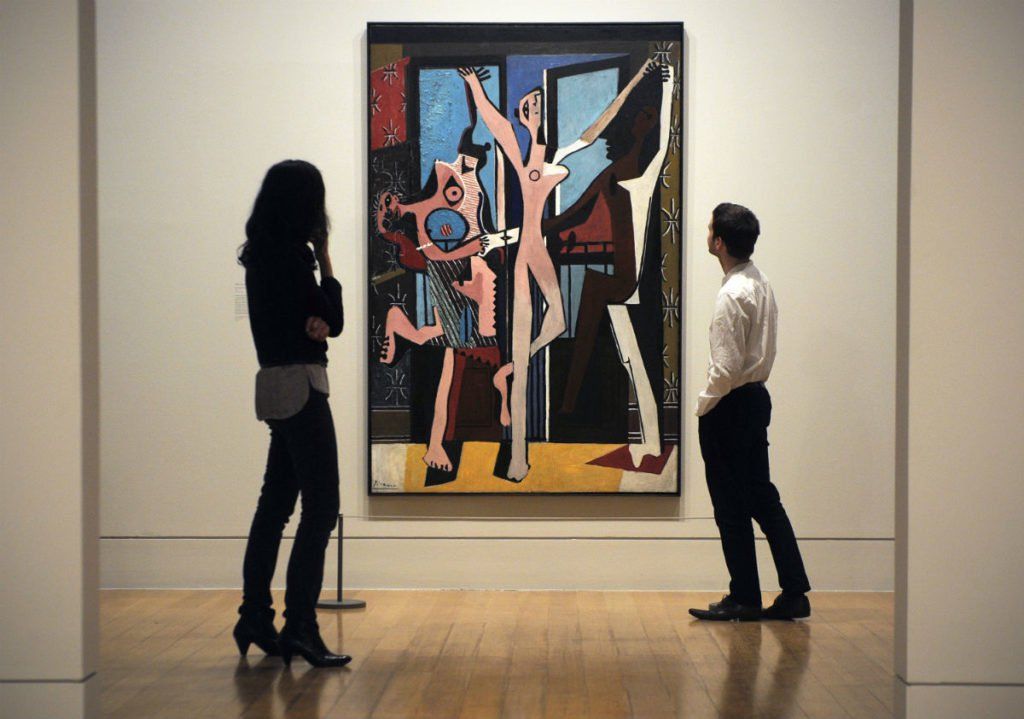
Why do collectors hire art advisors? Art advisors play a crucial role in mitigating risks for both new and seasoned art collectors. The process of acquiring fine art can present various obstacles, including volatile and opaque markets, emerging technologies, and fleeting trends. With the art industry expanding and encompassing distinct submarkets within the global market, navigating without professional guidance can be challenging.
An experienced art advisor offers specialized expertise in navigating mercurial markets, avoiding short-lived trends, and applying connoisseurship. A reputable art advisor can offer valuable advantages in art collecting, assisting with accessing rare and exclusive works of art and negotiating fair market prices.
If you plan to acquire art in the near future, read below to learn about the top six ways a qualified art advisor can greatly benefit you as an art collector:
- Streamlined Process: By leveraging the expertise and professional networks of an experienced art advisor, you can significantly streamline the art acquisition process. Advisors do thorough research, pre-select artworks based on your preferences, and provide you with curated options that align with your taste and budget. They also do extensive research, schedule gallery visits, and attend auctions, allowing you to focus your time on other priorities while still accessing a carefully curated selection of artworks.
- Access to Exclusive Opportunities: Art advisors have access to exclusive opportunities and insider information that may not be readily available to the general public. They have established relationships with artists, galleries, and auction houses, providing you with access to rare and highly sought-after artworks. By tapping into their networks, advisors can secure advantageous deals and unique opportunities that you might not have access to on your own, potentially saving you money on highly desirable artworks.
- Expert Negotiation: Art advisors possess strong negotiation skills and market knowledge. They are experienced in navigating pricing structures, understanding fair market value, and identifying potential areas for negotiation. By leveraging their expertise, art advisors can secure more favorable prices and terms, ensuring you receive the best value for your investment.
- Quality Control (aka Connoisseurship): Acquiring a work of art can carry inherent risk, including issues of authenticity, condition, and market volatility. A reputable art advisor can help mitigate these risks by conducting thorough due diligence, assessing provenance, verifying authenticity, and aiding in the evaluation of condition. Specialized expertise and research can help minimize the chances of purchasing fraudulent or misrepresented artworks, potentially saving you significant financial losses in the long run.
- Portfolio Management: For active art collectors, an experienced art advisor can provide a type of “portfolio management” service to help optimize and diversify your art collection, not just for financial investment. Although they can assess the value and potential of your artworks, they can also help identify gaps or areas to refresh or update the collection, and offer recommendations for leveraging pieces or acquiring new artworks that align with your goals. This strategic approach can enhance the overall value of your art collection, aesthetic or otherwise.
- Market Insights: Many art advisors stay informed about market trends, emerging artists, and acquisition opportunities. They possess a deep understanding of the art market dynamics and can provide valuable insights into the potential long-term value of artworks if needed. By leveraging their expertise, you can make informed decisions about which artworks to acquire, ensuring that your art has the potential to not just maintain its financial value over time but its inherent value.
Art advisors offer the know-how and expertise to help you navigate the art market seamlessly and make informed decisions while maximizing the value of your art. Overall, an art advisor’s knowledge, networks, negotiation skills, and risk mitigation strategies can not only save you time and money but they can help add value to your art collection for decades to come.
Want to start collecting art and don’t know where to start? Contact us at info@hlkartgroup.com

